The Power of Play: Embracing the Right to Play in Everyday Parenting
Did you know it was National Play day 2nd August in the UK. In a world where childhood is becoming increasingly structured and digitised. The importance of play cannot be understated. Play is not just a frivolous activity; it is a fundamental right of every child, as recognised by the United Nations Convention on the Rights of the Child.
We will explore the significance of the right to play and provide caregivers and parents with practical ways to incorporate play into their children’s daily lives, nurturing their physical, emotional, and cognitive growth.
Understanding the Right to Play:
The right to play is enshrined in Article 31 of the United Nations Convention on the Rights of the Child. Which states that every child has the right to rest, leisure, engage in play, and participate in recreational activities. Play is not just a way for children to pass the time; it is a natural mode of learning and exploration that contributes to their holistic development. It fosters creativity, problem-solving skills, social interaction, and emotional resilience, making it an essential aspect of childhood.
The Benefits of Play:
- Physical Development: Engaging in physical play, such as running, jumping, and climbing. Promotes gross motor skills and coordination. Encouraging outdoor activities also enhances their immune system and overall well-being.
- Cognitive Development: Play stimulates brain development and cognitive skills. Through games and imaginative play, children develop critical thinking, language proficiency, and the ability to understand cause-and-effect relationships.
- Emotional Development: Play allows children to express their feelings, build self-confidence. Develop empathy as they learn to understand others’ emotions during cooperative play.
- Social Development: Play promotes social interaction, cooperation, and teamwork. It helps children develop essential social skills, such as sharing, taking turns, and resolving conflicts peacefully.
Incorporating Play into Everyday Life:
- Schedule Playtime: Just as you prioritize meals and bedtime, allocate dedicated playtime for your child every day. Whether it’s indoor board games, outdoor sports, or creative play, set aside specific periods for unrestricted play.
- Be a Playful Role Model: Children learn through imitation. Join in their play, be silly, and show enthusiasm. This not only strengthens your bond but also encourages them to explore and experiment with their imagination.
- Create a Play-Friendly Environment: Designate a play area at home with age-appropriate toys, books, and art supplies. This space will serve as a sanctuary for creativity and exploration.
- Limit Screen Time: Excessive screen time can impede a child’s natural desire to play and explore. Set reasonable limits on electronic devices and encourage alternative activities.
- Outdoor Adventures: Explore the outdoors together by going for walks, visiting parks, or organizing nature scavenger hunts. Outdoor play enhances physical health and encourages a sense of wonder about the natural world.
- Play Dates and Community Activities: Arrange playdates with other children or participate in community events where your child can interact and play with peers, fostering social skills and empathy.
- Encourage Imaginative Play: Foster creativity by providing materials like building blocks, art supplies, and dress-up costumes. Encourage storytelling and role-playing to develop their imagination.
The right to play is a gift that every child deserves. As caregivers and parents, we have the privilege and responsibility to embrace the power of play in our children’s lives. By understanding its importance and incorporating it into their everyday routine, we can empower our children to develop into well-rounded, confident, and empathetic individuals. Let’s unlock the potential of play and witness the joy and growth it brings to our children as they navigate the world with a spirit of curiosity and wonder.
Find out more about Right To Play, and discover how play is protecting, educating and empowering children around the world. For more play ideas, head over to Edx Education’s Play blog
Heather welch, Edx Education

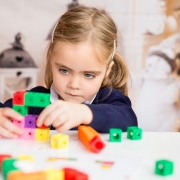
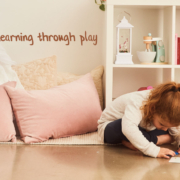 Edx Education
Edx Education 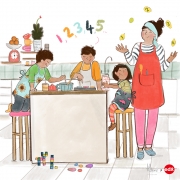 EDX Education
EDX Education  Edx Education
Edx Education 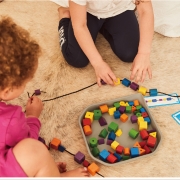
 Edx Education
Edx Education 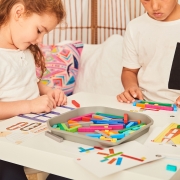

 edx-education
edx-education